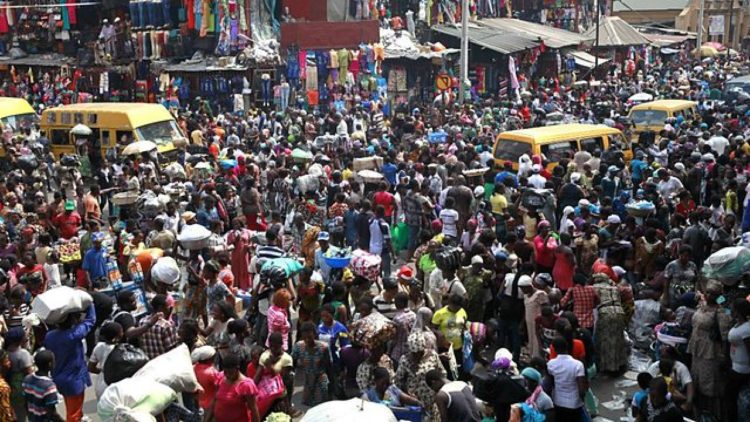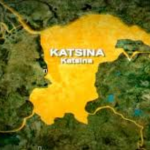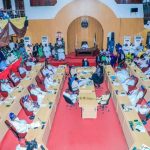ARGUABLY, the three tiers of government, especially the states and local governments in Nigeria, have been seeing a quantum leap in their federal allocations since June 2023.
This notwithstanding, more Nigerians are groaning in pain inflicted on them by the adverse economic situation in the country.
With more money available for sharing, the surge in published monthly allocations from the Federation Account Allocation Committee, FAAC, reflects the impact of recent fiscal and monetary reforms, buoyant oil receipts propelled by the floating of the Naira and stoppage of oil subsidies.
From N8.209 trillion shared among the three tiers of government in 2022, the figure rose to N10.23 trillion in 2023, jumped to N15.26 trillion in 2024, and hit N16.446 trillion between January and September 2025.
In essence, the three tiers of government have shared N41.848 trillion in 33 months – January 2023 to September 2025.
Indeed, from N3.58 trillion in 2023, states’ allocations jumped to N5.81 trillion in 2024.
The rising allocations have continued in 2025, with states receiving N6.709 trillion between January and September. Within the period, the Federal Government got N5.656 trillion while the Local Governments received N4.041 trillion.
But the actual value of the receipts is a subject of controversy among economists who say while the funds look huge, there may be nothing to celebrate as the worth has dropped several times over due to inflation occasioned by price increases as a result of the removal of petrol subsidy and the crash of the Naira due to the unification of the FX regimes.
“Government at the various levels may be seen in some quarters as smiling to the bank with the rise in the funds accruing to them. But the reality of the situation is that the value of the money has depreciated since 2023”, one of the economists said
A NEITI FAAC Quarterly Review shows that distribution to state governments in 2024 recorded a percentage increase of 62% from N3.58 trillion in 2023, followed by local government councils with a 47% increase, while the Federal Government’s share rose by 24% from N3.99 trillion in 2023 to N4.95 trillion in 2024.
The report highlights that total FAAC allocations increased by 66.2% from N9.18 trillion in 2022 to N10.9 trillion in 2023 and N15.26 trillion in 2024.
Amplifying the huge receipts, Minister of Budget and Economic Planning, Senator Abubakar Bagudu, recently said allocation to 36 states and 774 local councils increased from N458.81 billion in May 2023 to N991.81 billion in June 2025, an increase of N533bn or 116.17 per cent.
He spoke at a session organised by the Sir Ahmadu Bello Memorial Foundation, SABMF, in Kaduna. Bagudu stressed that the figure excluded Electronic Money Transfer, EMT, levy, FX gains, and augmentations received by states.
More funds, more pains
The spiked revenues came with huge pains.
President Bola Tinubu’s stoppage of fuel subsidies and the floating of the naira as he was being sworn-in on May 29, 2023 had immediate socio-economic impact.
The exchange rate of the naira to dollar at a stage hit N1, 900 and fuel price rose from N197 per litre to between N1, 000 and N1, 200 in various parts of the country. Inflation rate rose steadily from 22.41 per cent and hit 34.80 percent in December 2024.
More than two years after, little or no improvements have been witnessed given the huge funds accruing to the states and local councils.
In 2023, no fewer than 93.8 million Nigerians (43 per cent) were said to be living below the poverty line, and the figure has reportedly jumped to 139 million (61 per cent).
The National Bureau of Statistics, NBS, in its November 2022 National Multidimensional Poverty Index, MPI, said 133 million Nigerians or 83 per cent of the population were multi-dimensionally poor.
The National Population Commission, NPC, put Nigeria’s estimated population in 2023 at 216 million.
The NBS is yet to release its data for 2025 but, as of April, the World Bank reported that 46 per cent of Nigerians were living below the NBS national poverty line of N376.50 per person daily.
The Worldometer, as of October 19, 2025, put Nigeria’s population at 238.9 million.
#PUNCH








